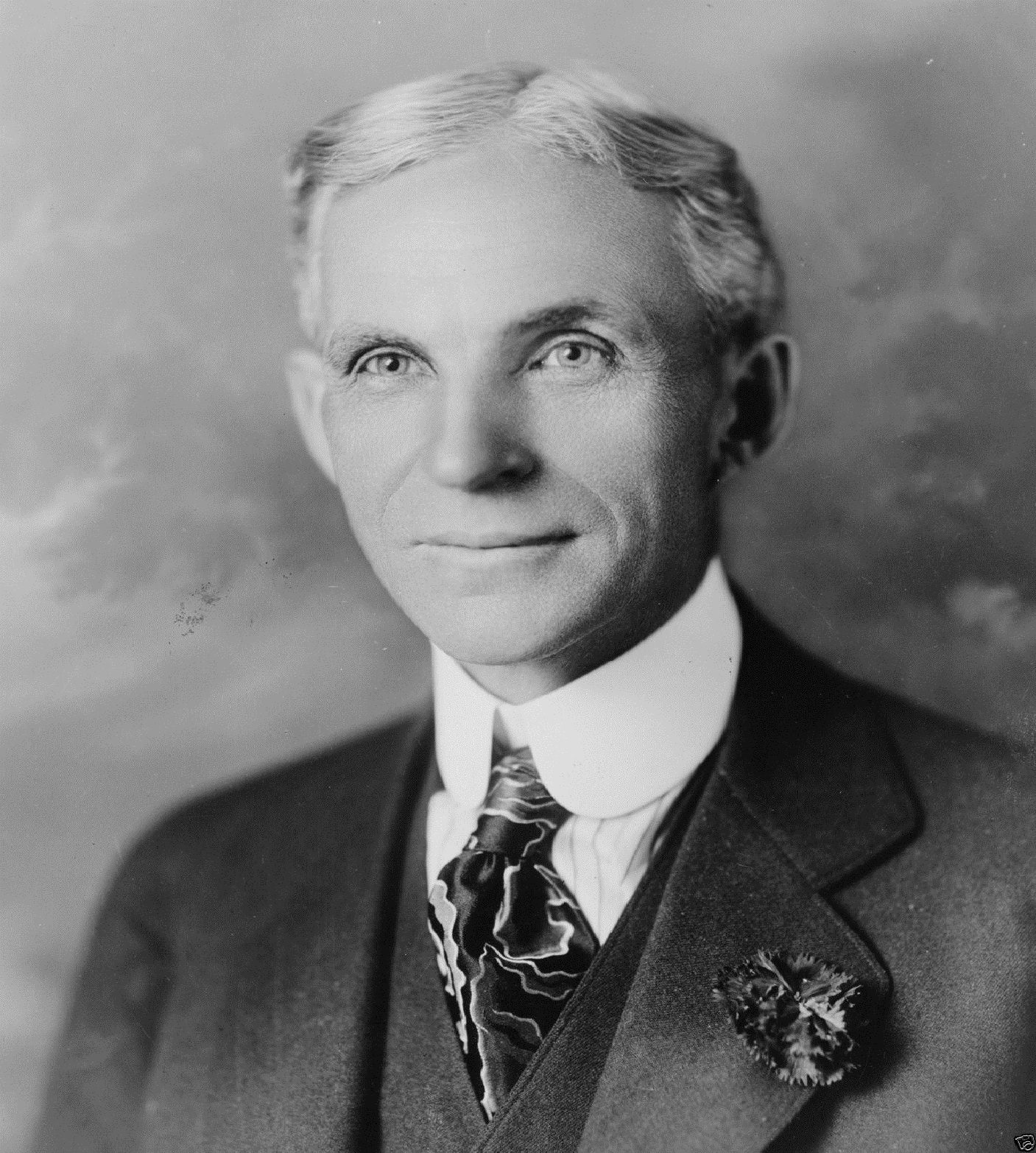Henri Fayols 14 Principles of Management of Henri Fayol also synthesized 14 principles for organizational design and effective administration. It is worthwhile reflecting on these are comparing the conclusion to contemporary utterances by Peters, Kanter and Handy to name but three management gurus. Fayol’s System Management in Business and Henri Fayol’s 14 principles are:
Fayols 14 Principles of Management System
Unity of Direction: The unities of command plan of getting one hear head executive, cupboard accord with agree functions and objectives and one arrange for a bunch of activities is evident.
Unity of Command: the concept is that a worker ought to receive instruction from one superior solely. This generalization still holds even wherever we have a tendency to be involved team and matrix structures that involve coverage to quite one boss or being responsible to many shoppers. The fundamental concern is that tensions and dilemmas arise wherever we have a tendency to report back to 2 or a lot of bosses. One boss might want X, the opposite Y and therefore the subordinate is caught between the devil and therefore the deep blue ocean. Definition of Management
Henri Fayols 14 Principles of Management
Order: the extent of generalization becomes troublesome with this principle. Essentially a company ought to give associate orderly place for every individual member World Health Organization must see however their role fits into the organization and be assured, able to predict the organizations behavior towards them. So policies, rules, directions and actions ought to be comprehendible and understood. Orderliness implies steady organic process movement instead of wild, anxiety agitating, unpredictable movement.
Subordination of individual Interest to the overall Interest: Fayol’s line was that one employee’s interests or those of 1 cluster mustn’t prevail over the organization as a full. This may spark a vigorous dialogue regarding who decides that the interests of the organization as a full square measure moral Dilemmas and matters of company risk and therefore the behavior of individual “Chancres�? square measure concerned here. Fayol’s work assumes a shared set of values by individuals within the organization a unitarism wherever the explanations for structure activities and choices square measure in a way neutral and cheap.
Discipline: The generalization regarding discipline is that discipline is crucial for the graceful running of a business and while not it standards, consistency of action, adherence to rules and values no enterprise may prosper.
Specialization or Division of Labor: A principle of labor allocation and specialization so as to concentrate activities to change specialization of skills and understandings, additional work focus and potency.
Remuneration of Staff: the worth of services rendered. 1916 the overall principle is that levels of compensation ought to be truthful and as so much as potential afford satisfaction each to the workers and also the firm in terms of its price structures and want for profit or surplus.
Initiative: in the slightest degree levels of the structure, zeal, enthusiasm and energy area unit enabled by folks having the scope for private initiative. Note-Tom Peter’s recommendations in respect of worker authorization.
Centralization: Centralization for HF is important to the organization and a natural consequence of organizing. This issue doesn’t depart even wherever praise, devolved organizations occur. Decentralization is usually centralized decentralization. The modes of management over the actions and results of devolved organizations area unit still matters requiring extended attention.
Authority with Corresponding Responsibility: If responsibilities area unit allot the post holder wants the requisite others within the space of responsibility to undertake duties. Authority stems from:
- That ascribed from the delegation method the work holder is appointed to act because the agent of the high authority to whom they report- Hierarchy
- Selection the person has the experience to hold out the responsibilities and therefore the personal qualities to win the support and confidence of others.
- Allocation and permission to use the required resources required budgets, assets and employees to hold out the responsibilities.
Scalar Chain or Line of Authority: The scalar chain of command of news relationships from man of affairs to the normal look operative or driver has to be wise, clear and understood.
Equity: Equity, fairness and a way of justice ought to penetrate the organization in essence and follow.
Stability of Tenure: Time is required for the worker to adapt to his or her work and perform it effectively. Stability of tenure promotes loyalty to the organization, its functions and values.
Esprit Delaware Corps: Here Fayol emphasizes the necessity for building and maintaining of harmony among the manpower, team work and sound social relationships.
In the same means that Alfred P Sloan, the manager head of General Motors reorganized the corporate into semi-autonomous divisions within the Twenties, corporation undergoing reorganization still apply classical organization principles significantly in line with Fayol’s recommendations. There are more information about The Findings of Hawthorne Experiments in Management.
